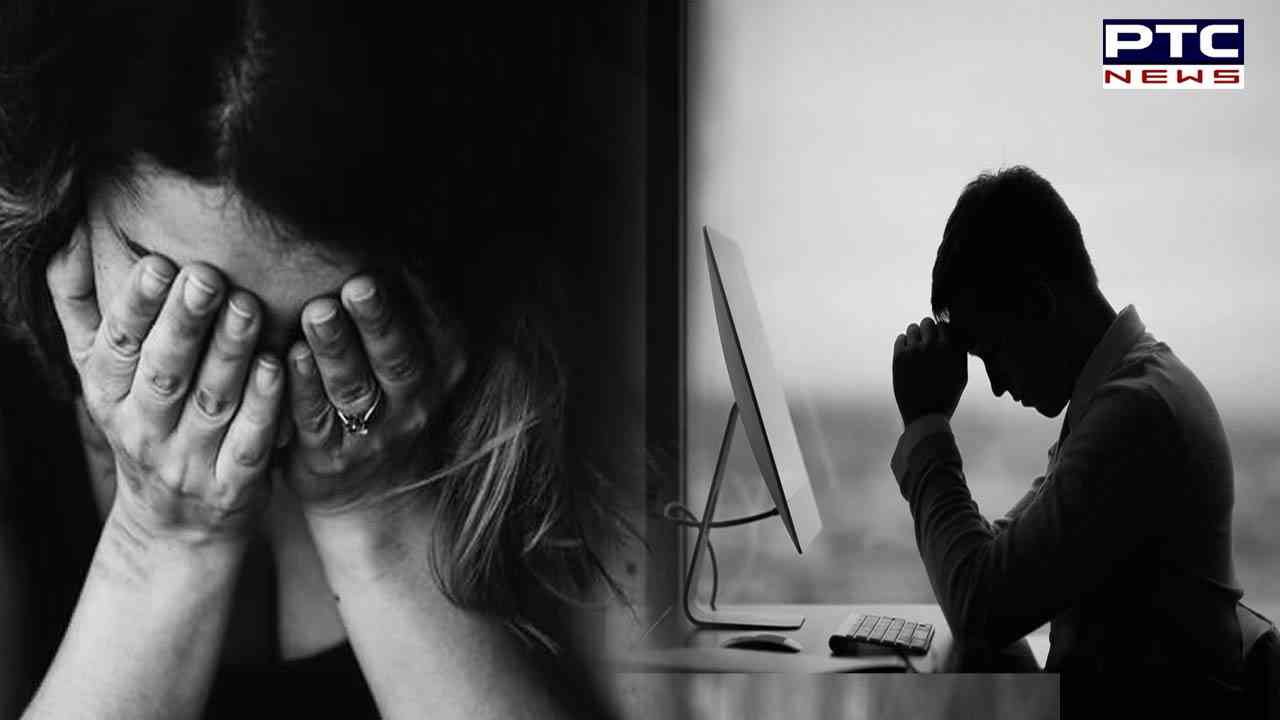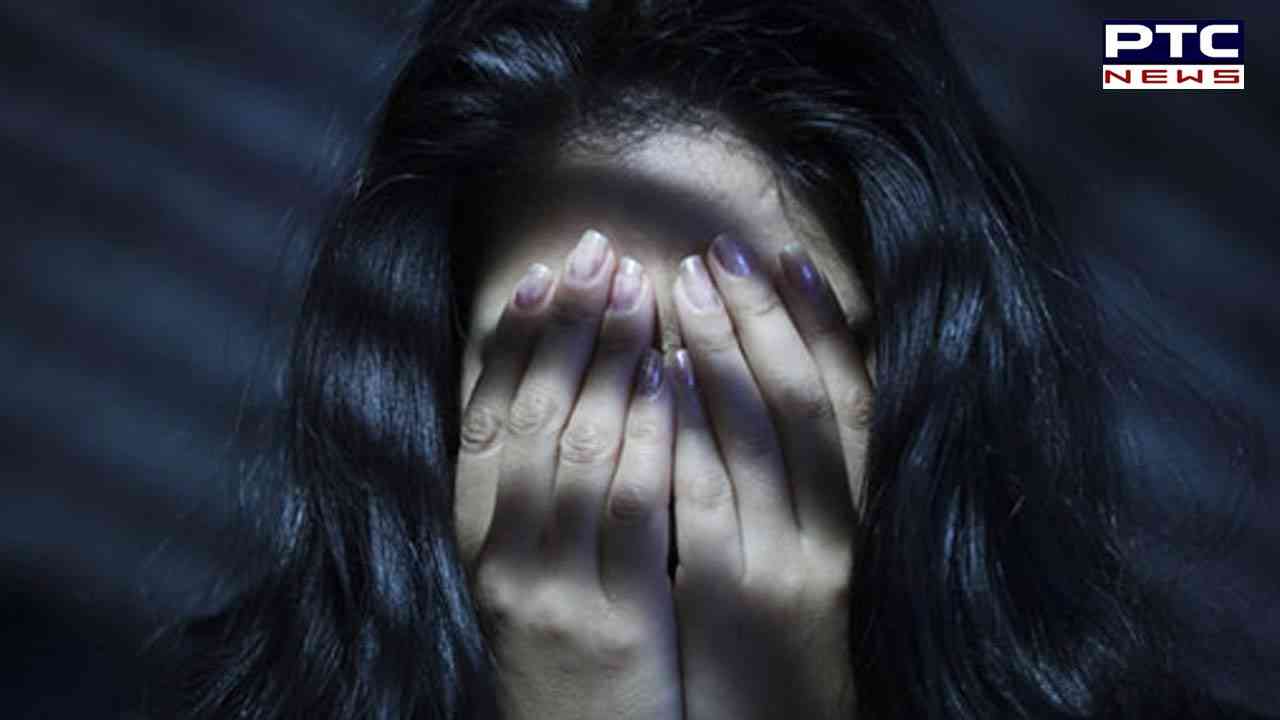

Study shows how social rank influences stress response
Washington, April 2: Stress has become a universal issue that is experienced by individuals of all ages. Studies have shown that stress can lead to a variety of physical and psychological health issues, such as depression, anxiety, cardiovascular disease, and more. Recently, research has begun to focus on how social rank influences the stress response.
In a recent study in Tulane University researchers investigated on this topic and later discovered that social rank, particularly in females, did alter stress response.

Also Read: World’s first case: Kolkata man infected by killer plant fungus
Social rank, defined as the relative status of an individual in a social hierarchy, can influence both physiological and psychological responses to stress. The results showed that individuals with higher social rank had lower physiological stress responses, such as heart rate, blood pressure, and cortisol levels, compared to those with lower social rank.
Tulane psychology professor Jonathan Fadok, PhD postdoctoral researcher Lydia Smith-Osborne looked at two forms of psychosocial stress -- social isolation and social instability -- and how they manifest themselves based on social rank. Their research shows that on adult female mice, putting them in pairs and allowing them to form a stable social relationship over several days. In each of the pair, the mice had dominant social status.
"We analyzed how these different forms of stress impact behavior and the stress hormone corticosterone (an analogue of the human hormone, cortisol) in individuals based on their social rank," said Fadok, an assistant professor in the Tulane Department of Psychology and the Tulane Brain Institute. "We also looked throughout the brain to identify brain areas that are activated in response to psychosocial stress."
"We found that not only does rank inform how an individual responds to chronic psychosocial stress, but that the type of stress also matters," said Smith-Osborne, a DVM/PhD and the first author on the study.
She also informed that the mice with lower social status are more susceptible to instability. In the same time those with higher rank were more susceptible to social isolation, or loneliness.
Also Read: Salim Durani, legendary Indian cricketer, dies at 88; tributes pour in
- ANI
